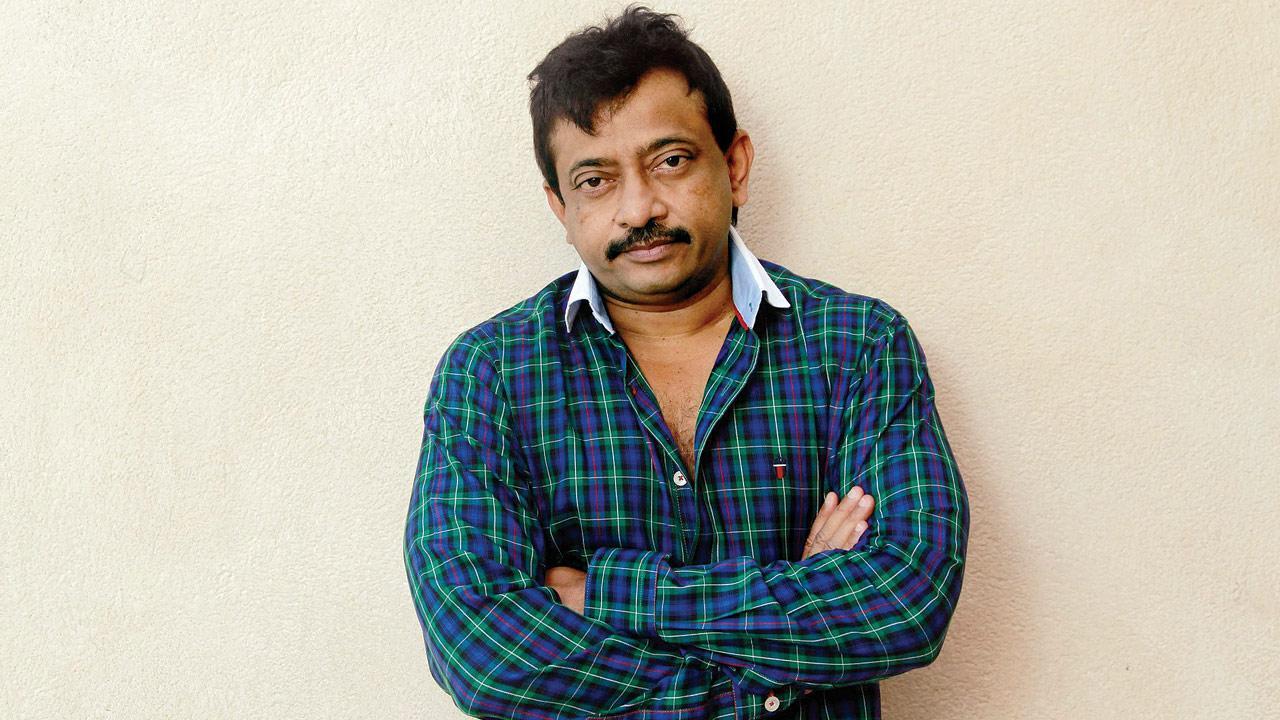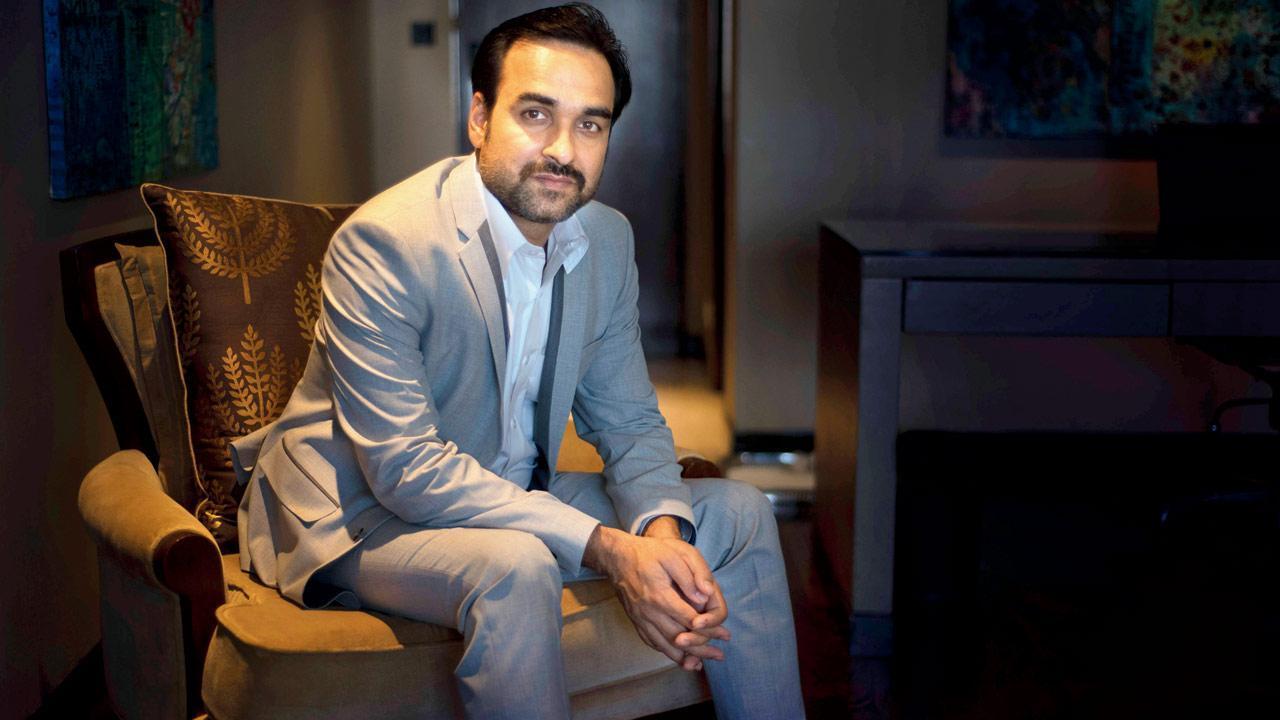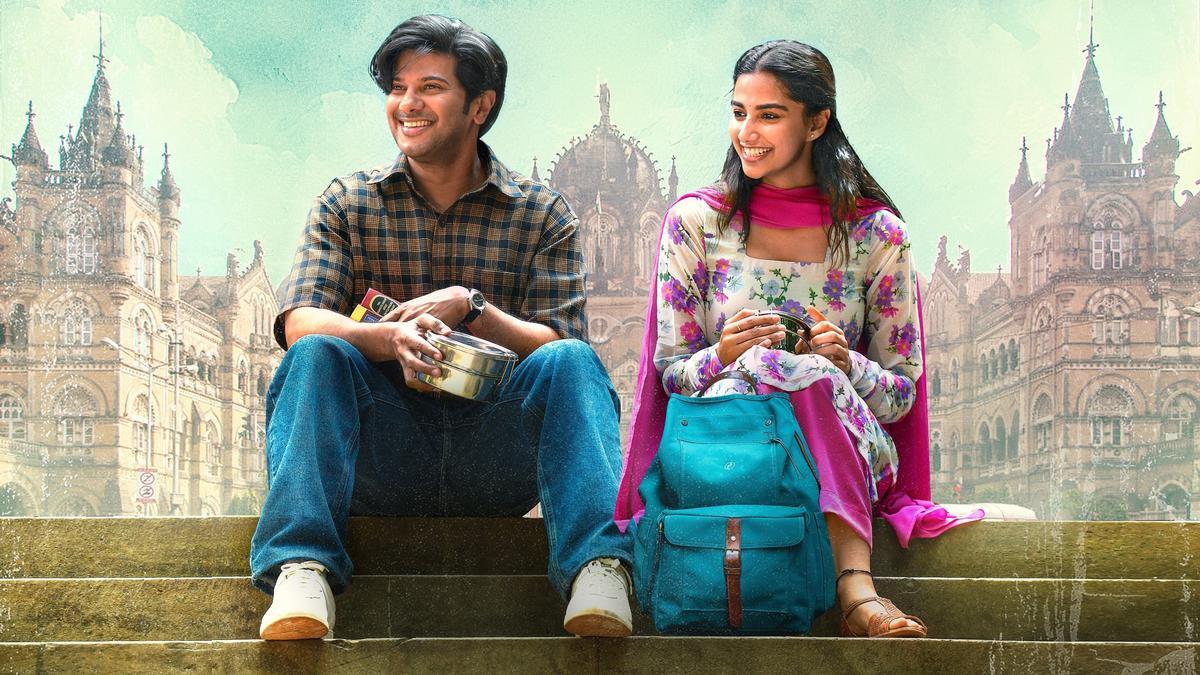
In a historic moment that transcends cinematic storytelling, “Dahomey,” a poignant film directed by the French-Senegalese auteur Mati Diop, clinched the prestigious Golden Bear prize at the 74th Berlin Film Festival. The film unwraps a compelling narrative centered on the return of 26 priceless treasures to their ancestral homeland of Benin, once plundered by European colonizers in the 19th century. It serves as a cinematic lens magnifying the lingering consequences of colonial exploitation and the quest for justice and reconciliation.
Named after the West African kingdom renowned for its art and craftsmanship, the Dahomey Kingdom’s sacred artifacts were seized by a French colonel during the invasion of 1892. These treasures, symbolic of cultural identity and historical legacy, became emblematic of the scores of artifacts looted by Western powers throughout colonial times. Mati Diop’s film illuminates the contemporary resonance of this act of restitution from France’s museums back to Benin, probing into the broader interactions of heritage, memory, and healing.
Upon receiving the award in Berlin on February 24, 2024, Diop did not merely focus on the accolade, but rather on the larger significance of her work. “To rebuild we must first restore, and to restitute we must do justice,” she asserted, encapsulating the conviction of countless activists that colonialism’s wounds must be fully acknowledged to forge a path towards healing and progress.
Diop was joined on stage by Berlinale Directors Mariette Rissenbeek and Carlo Chatrian, Jury President Lupita Nyong’o, alongside jurors Jasper Trinca, Christian Petzold, Albert Serra, Brady Corbet, Ann Hui, and Oksana Zabuzhko, with host Hadnet Tesfai orchestrating the ceremony. The event not only celebrated the art of filmmaking but also morphed into a forum advocating for global peace and solidarity.
The night was steeped in political undertones, with many prize winners and jury members expressing their support for a ceasefire in Gaza. Numerous attendees wore the keffiyeh, a symbol synonymous with the Palestinian liberation movement, signifying a collective call for peace amidst conflict.
The best documentary accolade was awarded to “No Other Land,” a film by Basel Adra, a West Bank filmmaker, and Yuval Abraham, an Israeli journalist. The documentary vividly portrays Adra’s struggle to safeguard his village against the increasing encroachment of Israeli settlers. As the pair accepted their award, the dichotomy of celebration and strife was palpable. “I’m here celebrating the award, but it is very hard for me to celebrate when tens of thousands of my people are being slaughtered and massacred by Israel in Gaza,” lamented Adra.
His co-director, Abraham, further underscored the gravity of their shared reality. He remarked, “I am Israeli, Basel is Palestinian. And in two days, we will go back to a land where we are not equal… This situation of apartheid between us, this inequality has to end.”
At the heart of the Berlinale, compelling stories of historical reckoning and urgent pleas for justice and equality took center stage. Through the medium of film, the festival shone a spotlight on silenced narratives, unearthing the depth of cultural wounds and advocating for a narrative of reparative justice. As the credits roll on the festival’s events, the resounding message of facing historical injustices and the power of film to stir consciousness and ignite change remains indelibly etched in the minds of the attendees and viewers across the globe.










